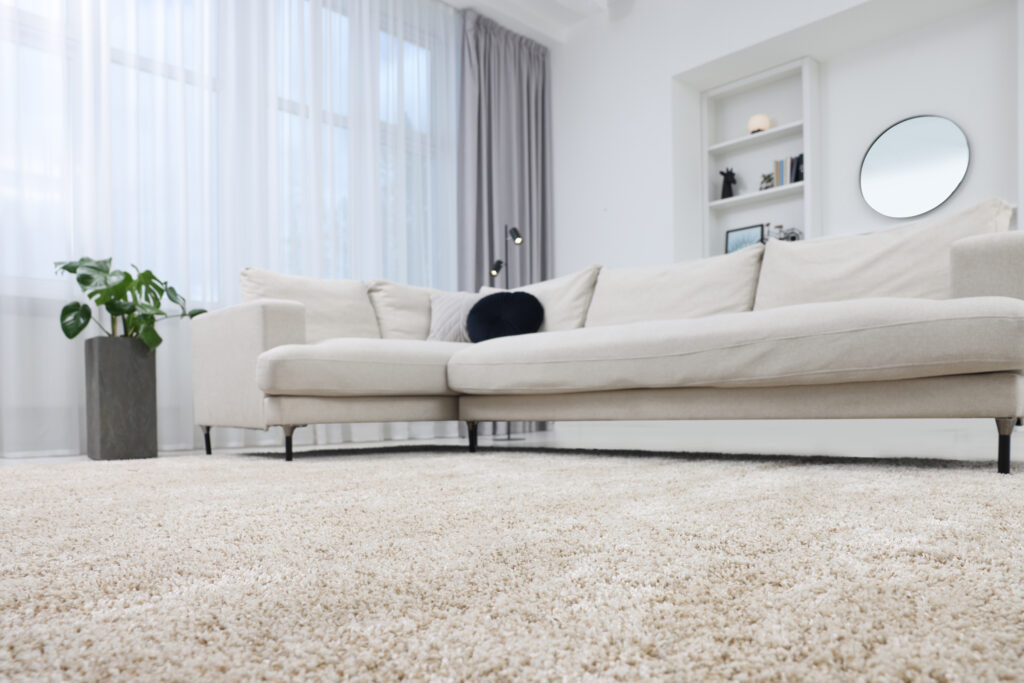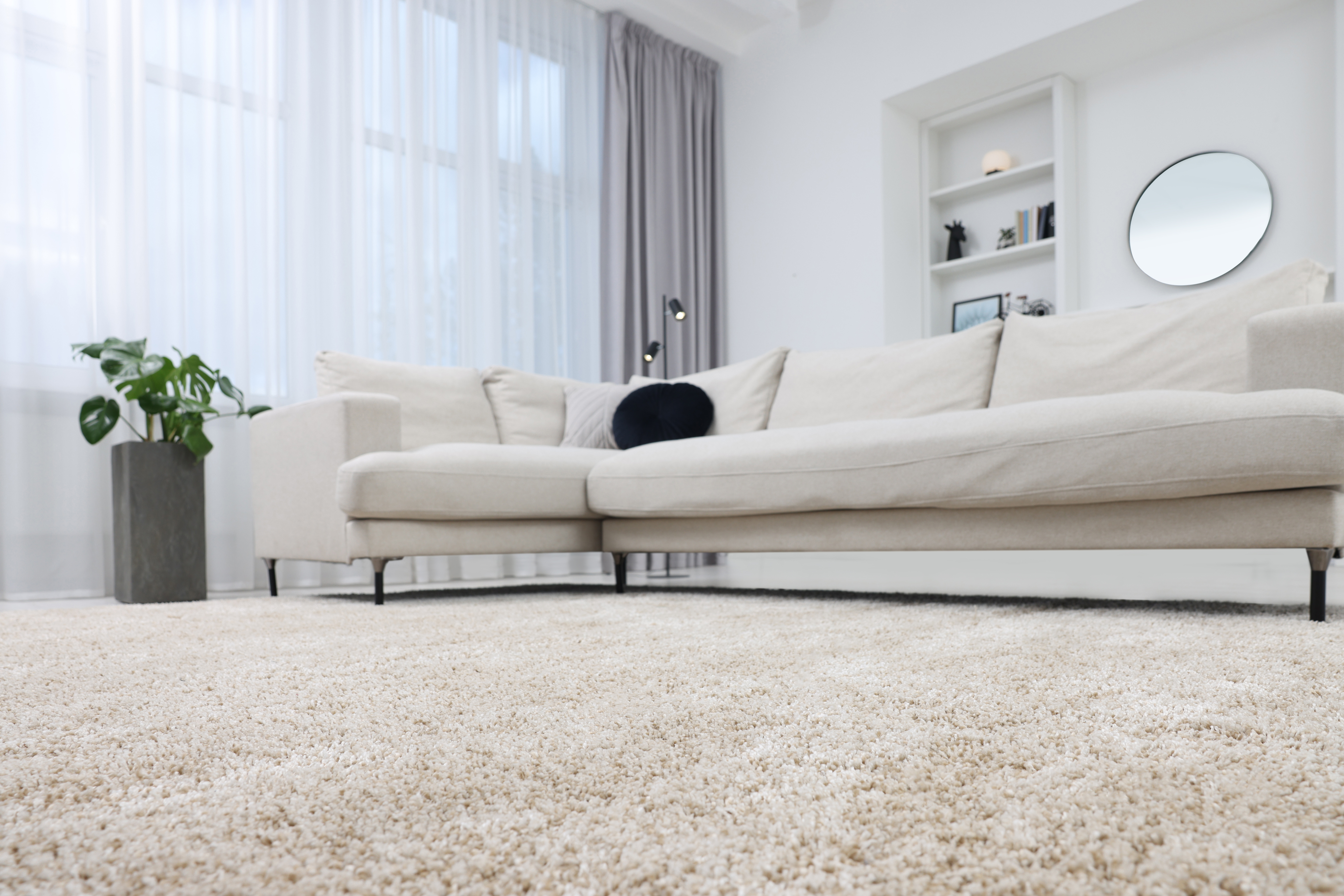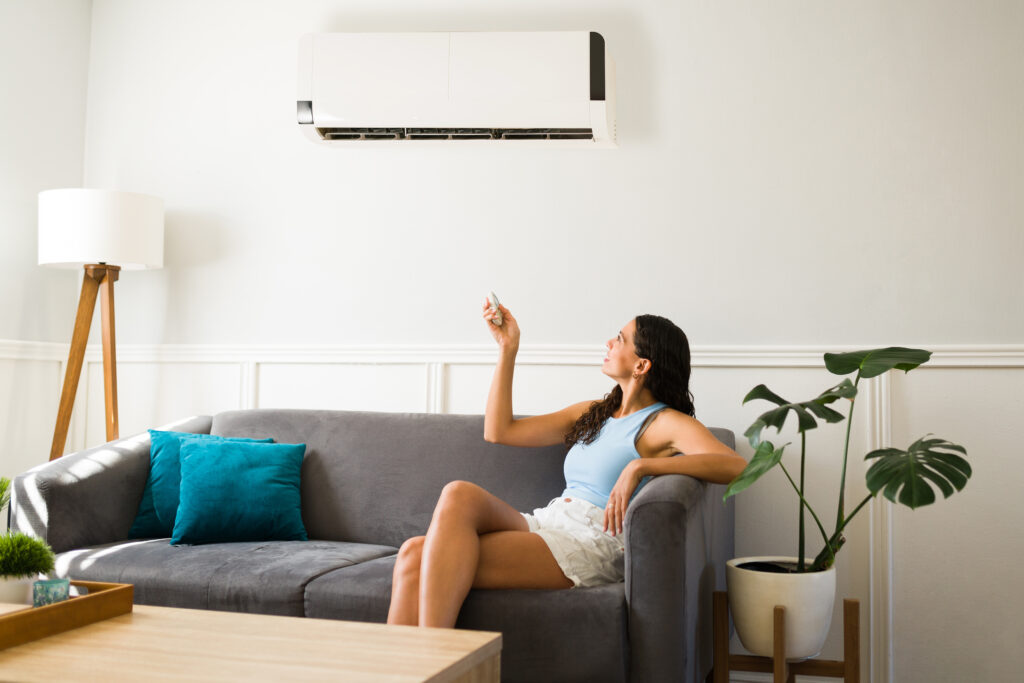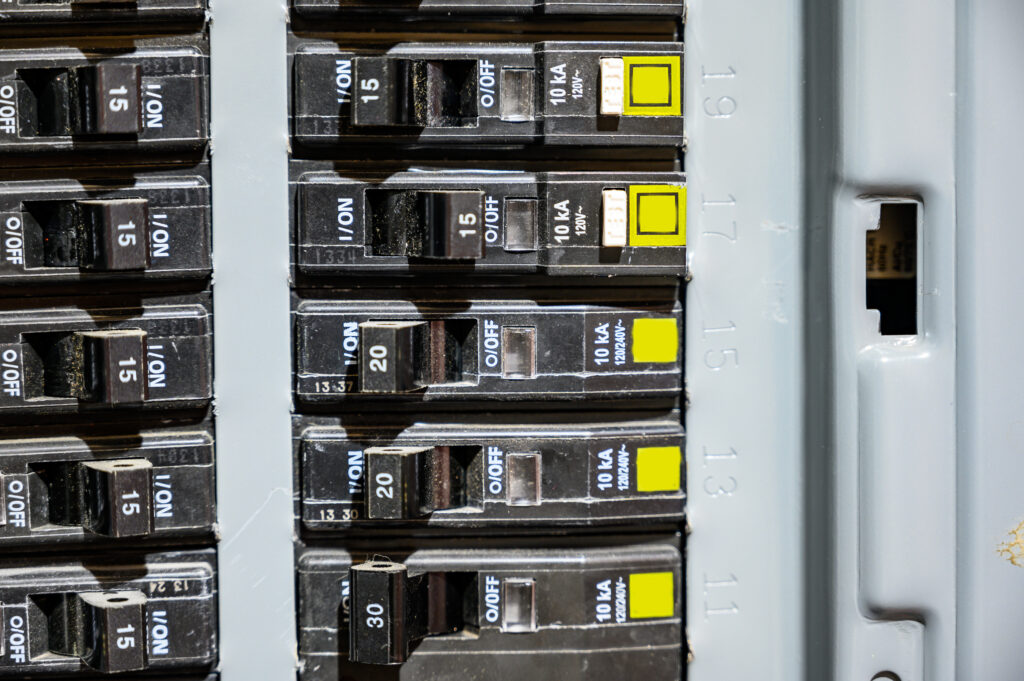The Best Carpet Deodorizer: How to Keep Your Floors Fresh Without Breaking a Sweat
Let’s be honest—your carpet sees a lot. From muddy shoes and shedding pets to the occasional coffee-tipping disaster, that plush surface under your feet absorbs pretty much everything. And while vacuuming helps with crumbs and visible debris, it doesn’t always deal with the lingering odors that decided to set up camp. That’s where a carpet deodorizer comes in. But what exactly is a carpet deodorizer, how does it work, and why should you care—especially if you have a home warranty? Let’s get into it, casually but clearly, because a fresh-smelling home shouldn’t be rocket science.
What is a Carpet Deodorizer and How Does It Work?
A carpet deodorizer is basically like a spa treatment for your flooring—it works to neutralize or mask unpleasant odors that get trapped in the fibers. These products come in a few forms, like powders you sprinkle before vacuuming, sprays that you mist on top, or foams that go deeper into the nap. Most conventional deodorizers use absorbent ingredients (think baking soda or silica) and a fragrance agent. Some also have enzymes or microbe-based tech to actually break down odor-causing molecules rather than just covering them up. It’s basically science-meets-fresh-scent-meets-peace-of-mind.
Key Advantages of Using Carpet Deodorizers in Your Home
First off, let’s talk about the most obvious benefit—your house smells better. Like way better. Whether it’s pets, food, mustiness, or just mystery funk, a good deodorizer can pull that smell right out of the atmosphere. It can also improve perception—if you have guests or are considering a home appraisal, fresh carpeting goes a long way in making a big impression. On top of that, many modern carpet deodorizers feature non-toxic, eco-conscious ingredients (though, hey, still read the label). Bonus: some double as mild stain lifters or even as part of your home maintenance routine that could align nicely with your home warranty requirements. More on that in a sec.
Common Drawbacks and How to Avoid Them
Now for the flipside. Not every deodorizer is perfect, and if you’re not careful, you can end up doing more harm than good. Some powders leave behind residues that build up over time and can actually interfere with your vacuum’s performance. Overuse of spray deodorizers can trap moisture, especially in humid environments, leading to—yep—mold growth. And don’t even get me started on synthetic fragrances that trigger asthma or allergies. The trick? Use moderation, opt for products with clearly listed, safe ingredients, and always do a spot test before treating large areas. Also, don’t ignore routine deep cleaning—deodorizers are great, but they’re not a cure-all.
Tips to Keep Your Carpet Smelling Fresh Beyond Deodorizers
Alright, so deodorizers are your tactical fix, but what about the long game? Turns out, frequent vacuuming (like, seriously, once or twice a week), using area rugs in high-traffic spots, and removing shoes at the door does wonders. If you’ve got pets, groom them regularly and clean up accidents immediately. Better yet, invest in a carpet cleaner—either a DIY unit or professional service every 6 to 12 months based on your home traffic. And here’s a tip: tossing a cup of baking soda into the vacuum bag is a small, easy hack that helps keep things even fresher. See? Not groundbreaking—but super effective over time.
So, Is It Worth It? The Case for Carpet Deodorizers in Long-term Home Care
This is the part where you, the homeowner trying to juggle thirty things at once, wonder if it’s all really necessary. The answer is—probably yes. Keeping your carpet odor-free isn’t just about scent, it’s about longevity and maintenance. A well-maintained carpet is less likely to require costly deep-cleaning or early replacement, which can potentially save you thousands. And when you think about it in the context of a home warranty—especially if you’ve got coverage for flooring-related issues or broader system health—regular care becomes essential. Skipping the upkeep can sometimes give providers justification to deny claims if damage is deemed preventable. So, yes, it matters.
The Connection Between Home Warranties and Carpet Maintenance
Wait, big picture real quick—how does any of this relate to your home warranty? Well, think of your home as a network of systems that depend on one another. Odor may not trigger a warranty claim (unless it’s a symptom of water damage, mold, or HVAC issues), but flooring damage, for example from moisture misuse or negligence, absolutely matters. Keeping your carpets clean and odor-free reduces the chances of deeper system damage—especially if odors point to pet urine leaks, mold underlayment, or water from appliance leaks. Regular deodorizing as part of routine care could put you in good standing if those issues ever need proper diagnosis or repair under a policy. Proactive maintenance = a smoother warranty experience.
Smells Like a Plan: Why Armadillo’s Home Warranty Has Your Back
Okay, let’s bring it all home. You’ve got clean carpets, your house smells like a dream, and you’ve avoided the traps of low-quality deodorizers. That’s great. But what happens when the smell indicates something more serious—like a leak from the washing machine or HVAC burnout? That’s where Armadillo comes in. A customized home warranty plan from Armadillo covers vital systems and appliances, helping you manage breakdowns, surprise expenses, and yes—even those mystery smells that turn out to be more than surface-level. Plus, their home care guides make it easier to keep everything in check before it becomes a headache. Ready to build your plan? Start here: Create your custom warranty now and let’s make home maintenance something you don’t have to think too hard about. Other than, you know, whether your carpet smells like citrus breeze or mountain pine.


























